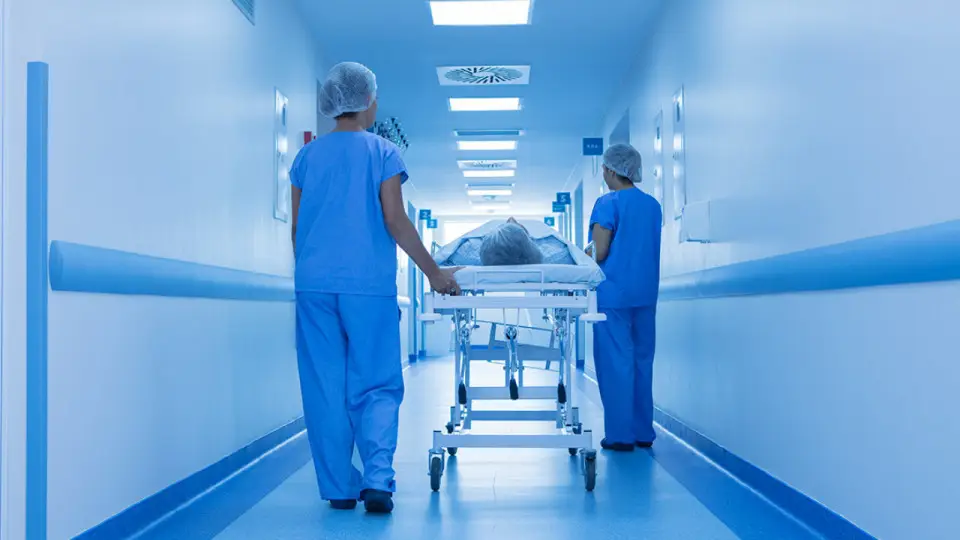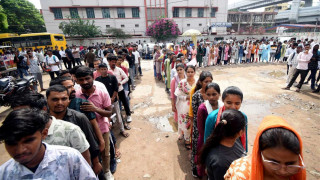
Three Patients Die (Social Media)
India News: At a renowned medical center in Jalandhar, three patients tragically died due to a malfunction in the oxygen plant. The incident occurred on Sunday morning when the oxygen supply to the patients suddenly stopped. The patients lost their lives because the administration failed to repair the issue in time. This event has raised serious questions about the hospital's management and the administration's negligence. To prevent such incidents, hospitals should implement several crucial measures in advance to ensure the safety of patients and the quality of their treatment. Here are some key steps that hospitals should take to avoid such negligence:
Oxygen plants and other essential medical gases must be regularly monitored. Hospitals should ensure that the oxygen plant is fully functional and safe. For this, a professional team should conduct monthly or weekly inspections of the plant.
It is extremely important to have a regular maintenance and timely repair system for oxygen plants and other life-saving equipment. If any equipment malfunctions, it should be fixed immediately to prevent any risk to patients' lives during emergencies.
Hospitals must have a team of professional and trained staff who handle the operation and maintenance of medical equipment properly. The hospital administration should run adequate training and skill development programs for the staff.
Each hospital should have established safety protocols and specific plans for emergencies. This plan should outline what steps will be taken if any equipment or supply fails and how patients will be assisted immediately.
In addition to the main oxygen plant, hospitals should have a backup system in place to ensure uninterrupted oxygen supply to patients during emergencies. If the primary oxygen plant fails, the backup system should automatically kick in.
The hospital administration should be responsible for every detail to ensure the proper functioning of the hospital and the best care for the patients. Administration should monitor not only the equipment but also all safety-related activities in the hospital.
Hospitals should have a system for regular reporting and record-keeping of every piece of equipment and resource. Such records will help identify any issues or malfunctions early on and ensure immediate corrective actions.
Hospitals should forecast their oxygen demand and supply. A solid plan should be created to estimate the consumption and availability of oxygen based on the hospital’s requirements.
If a patient's condition deteriorates or there is a problem at the hospital, the patient's family should be informed immediately. They should be informed about the steps being taken and how they can assist in the situation.
Regular training on safety, emergency management, and proper use of equipment should be conducted for hospital staff. This will ensure that the staff is well-prepared to handle any situation effectively.













Copyright © 2025 Top Indian News
